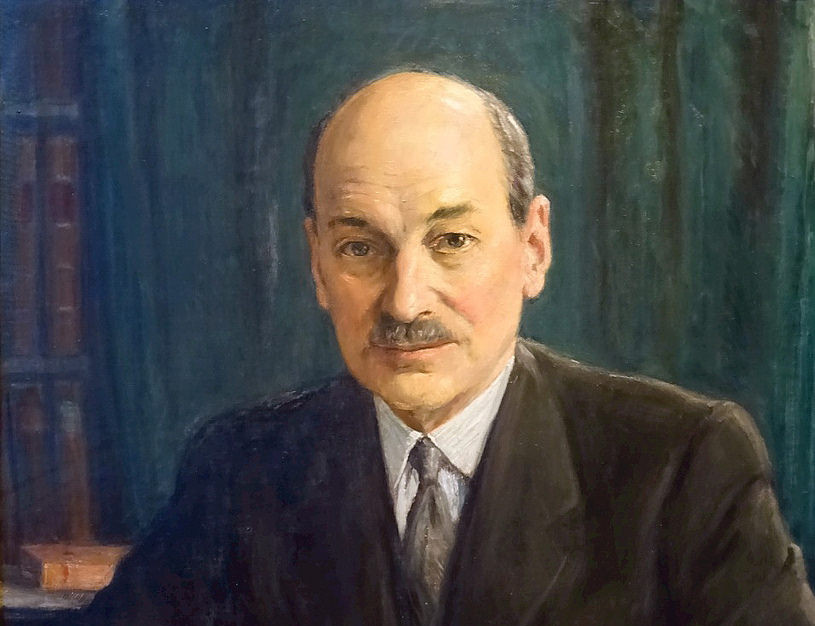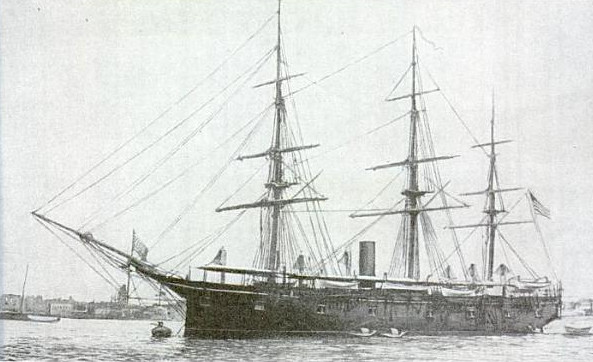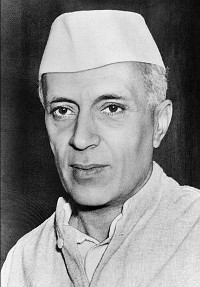
In 1951 Clement Attlee received this message from 15-year-old Ann Glossop, who had completed her final exams at Penrhos College only to discover that under recent reforms she was considered too young to graduate and must wait a year and go through them again:
Would you please explain, dear Clement
Just why it has to be
That Certificates of Education
Are barred to such as me?
I’ve worked through thirteen papers
But my swot is all in vain
Because at this time next year
I must do them all again.
Please have pity, Clement,
And tell the others too.
Remove the silly age-limit
It wasn’t there for you.
He replied:
I received with real pleasure
Your verses, my dear Ann.
Although I’ve not much leisure
I’ll reply as best I can.
I’ve not the least idea why
They have this curious rule
Condemning you to sit and sigh
Another year at school.
You’ll understand that my excuse
For lack of detailed knowledge
Is that school certs were not in use
When I attended college.
George Tomlinson is ill, but I
Have asked him to explain
And when I get the reason why
I’ll write to you again.
He lost office shortly thereafter, so Ann’s problem was never solved.







